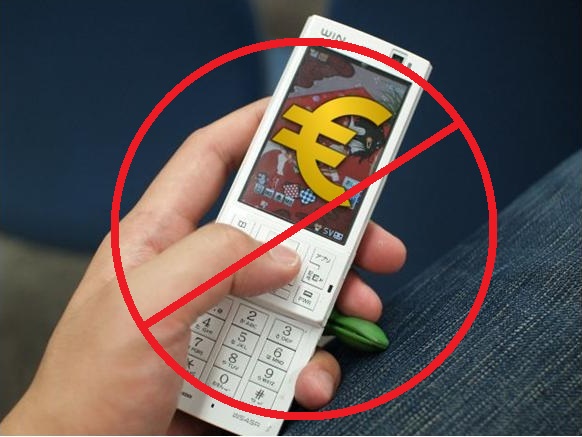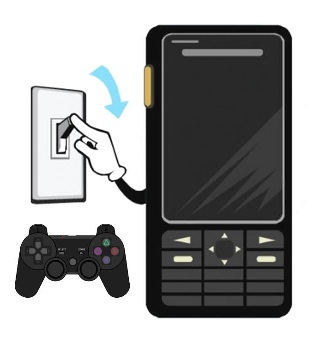 The results of a recent poll have shown that those who use mobile most aren’t shopping with their devices.
The results of a recent poll have shown that those who use mobile most aren’t shopping with their devices.
Over the last few weeks, m-commerce security has been seeing a great deal of attention, but despite the tremendous changes that have been made in order to ensure that data remains protected when shoppers are making their purchases, consumers in Europe are still not considering their smartphones and tablets to be the ideal methods to use when they shop.
This recent survey was conducted in order to better understand European consumers and their mobile behaviors.
The company behind the poll was TechWeekEurope. It reached out to its readership in order to obtain their feedback in a number of different areas of m-commerce and to describe their opinions and behaviors over the most recent holiday shopping season. It aimed at understanding not only mobile behaviors, but those in the overall e-commerce sphere.
The m-commerce survey was performed following the very end of the Christmas shopping hype.
What it discovered was that a mere 10 percent of the respondents had used a smartphone or tablet for making the majority of their holiday purchases. In fact, m-commerce was ranked in fifth place when compared with the popularity of other channels where purchases can be made.
The most popular channel was the online shopping category, in which 43.8 percent of the respondents made the majority of their holiday purchases over their laptops or desktop PCs. On the other hand 25.6 percent of the participants in the survey said that they went to brick and mortar retail shops in order to make their Christmas shopping purchases. These were many times greater than the participation in m-commerce as a primary shopping method.
The m-commerce poll went on to discover that although the participants were from a highly tech-savvy demographic that was likely to use its smartphones and tablets comfortably and for a number of different purchases, they were not enchanted with shopping directly through their devices. This was unexpected, as it had been anticipated that those who use the devices most would be those most likely to shop with them.

 Industry experts are speculating that the company is beginning a strategy to cease disc resale.
Industry experts are speculating that the company is beginning a strategy to cease disc resale.